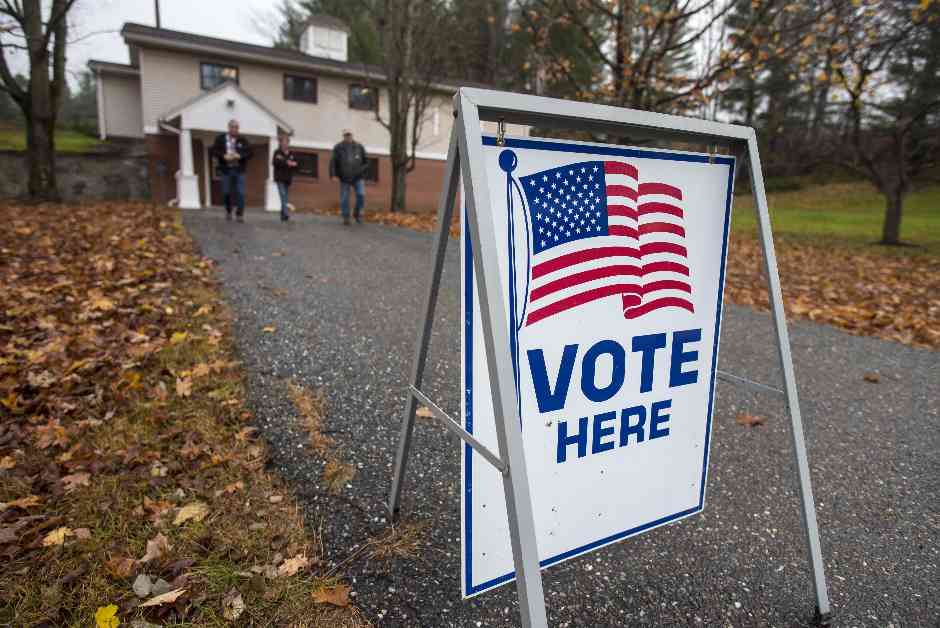Legislation Affirms Hyde Park Election Results
On a brisk November day in 2018, voters in Hyde Park made their way to the polling place, casting their ballots in what they believed to be a routine election. Little did they know, this election would spark a series of events leading to the discovery of decades of technically illegitimate elections in the town. Fast forward to February 20, when Aaron Calvin of The News & Citizen first reported on the groundbreaking legislation signed into law by Gov. Phil Scott. This law aimed to address the uncertainty and confusion surrounding the electoral process in Hyde Park, ultimately clarifying the legitimacy of past elections and paving the way for future ones.
The Birth of H.78: A New Chapter for Vermont Elections
The legislation, known as H.78, marked a significant shift in Vermont’s laws around Australian ballot voting. Previously, the state’s laws only allowed for the election of all town officers by Australian ballot or not at all. However, H.78 changed the game by permitting the use of the Australian ballot process for “any and all” officer elections, opening doors for greater flexibility and efficiency in the electoral process.
A Personal Touch: Hyde Park’s Journey to Compliance
The impetus behind this new law stemmed from Hyde Park’s own struggle with compliance. Late last year, officials in the town uncovered a startling revelation – they had been conducting officer elections out of sync with Vermont law since 1994. While some town officers were elected by Australian ballot as required, others were not, leading to a legal conundrum that needed urgent resolution. This discovery sent shockwaves through the town and prompted swift action to rectify the situation.
Expert Insights: Crafting a Solution
The House Committee on Government Operations and Military Affairs took up the challenge, spearheading the legislation that would ultimately bring clarity and legitimacy to Hyde Park’s electoral process. Members of the committee, including Lucy Boyden and Mark Higley, worked tirelessly to address the concerns raised by Deputy Secretary of State Lauren Hibbert. Together, they crafted a law that not only ratified three decades of elections in Hyde Park but also set the stage for a more streamlined and compliant voting system across the state.
Boyden shed light on the underlying issue that plagued many Vermont towns – the absence of a town charter. This legal document, outlining the rules and procedures for voting within a town, was often missing, leading to inconsistencies in the implementation of ballot voting. With the passage of H.78, Vermont aimed to rectify this issue and provide a clear framework for towns to follow in future elections.
Looking Ahead: A New Chapter for Hyde Park
As the dust settles on this legislative milestone, Hyde Park finds itself at a crossroads. Residents will soon gather for Town Meeting Day, where they will elect all officers by floor vote and decide on the future of the Australian ballot process in the town. These decisions will shape the electoral landscape in Hyde Park for years to come, setting a precedent for other towns grappling with similar issues.
In conclusion, the passage of H.78 marks a significant moment in Vermont’s electoral history. By addressing the challenges faced by Hyde Park and other towns, the state has taken a proactive step towards ensuring fair, transparent, and compliant elections. As residents prepare to cast their votes and shape the future of their communities, one thing is clear – democracy is alive and well in the Green Mountain State.










